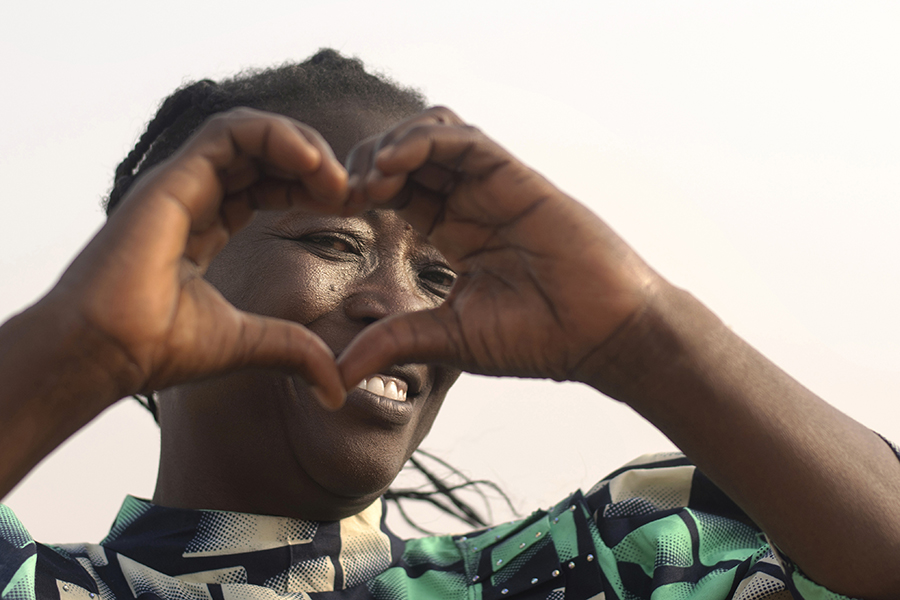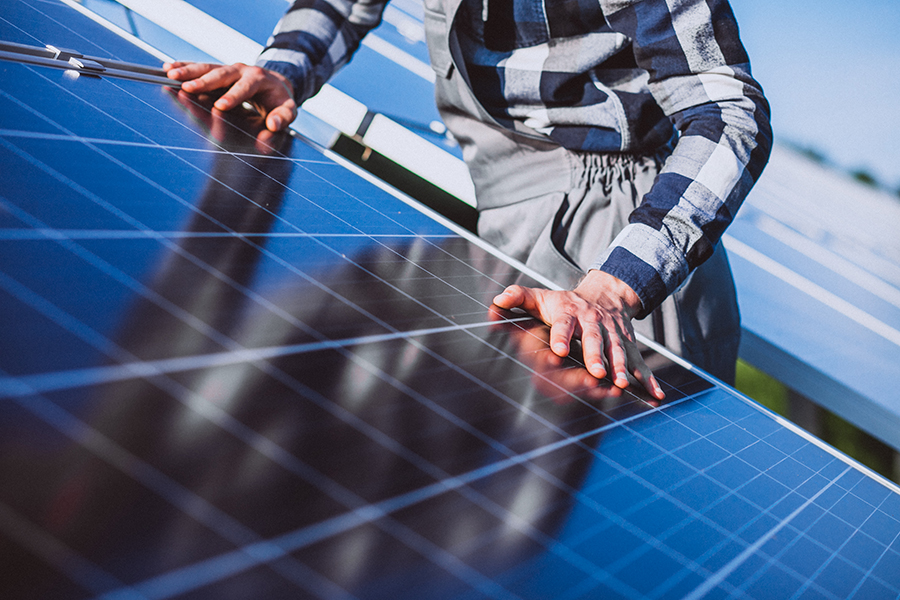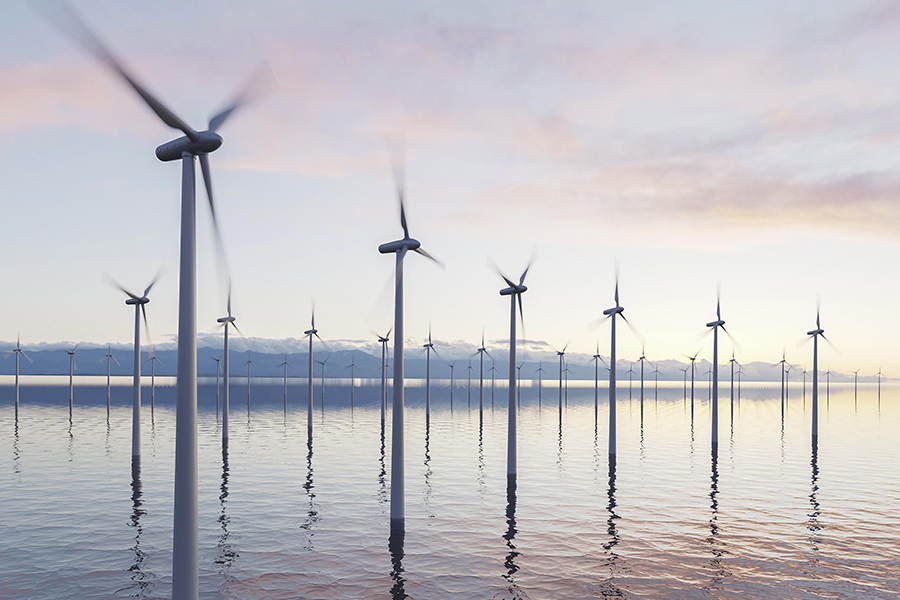China is one of the main funders of renewable-energy projects in Africa. At last year’s China-Africa Cooperation forum, Beijing committed to ramping up investments in solar, wind, and other renewables across the continent and has made no overseas coal power investments since 2021.
By Lisa Vives, Global Information Network
China is also one of several nations funding the International Monetary Fund’s $20 billion IMF Resilience and Sustainability Trust on pandemics and climate change resilience.
In comparison, similar accomplishments by the US are very few. The US government has funnelled more than $9 billion into oil and gas projects in Africa since it signed up to restrain global heating in the 2015 Paris climate agreement, a tally of official data shows, committing just $682 million to clean energy developments such as wind and solar over the same period.
Two-thirds of all the money the US has committed globally to fossil fuels in this time has been ploughed into Africa, a continent rich in various minerals but also one in which 600 million people live without electricity and where floods, severe heatwaves and droughts are taking an increasingly devastating toll as the planet heats up due to the combustion of coal, oil and gas. President Joe Biden pledged to increase international climate financing from $5.7 billion to $11.4 billion per year by 2024. However, Congress approved just $1 billion this year.
“I was thrilled with the promises from the Biden administration but over the last two years it’s been a slow walk back to the point where you couldn’t tell the difference between Biden and [Donald] Trump on overseas fossil fuel finance,” said Kate DeAngelis, international finance program manager at Friends of the Earth, who said it was “absurd” that wealthy oil companies were supported by US taxpayers.
“It’s been frustrating and tiresome to see so many opportunities lost to transition away from fossil fuels,” she said. “It’s just business as usual. We are seeing some of the most vulnerable communities in Africa be negatively impacted and they don’t have a voice.”
One analysis by Carbon Brief, a UK-based website specializing in the science and policy of climate change, concludes that taking account of historic carbon emissions with proportional contributions to the $100 billion pledge, the U.S. owes developing countries nearly $40 billion.
European leaders also received criticism from African activists who accuse Europe of using Africa as a personal gas station. Germany has been pursuing development of a gas field in Senegal to plug its energy crisis while demanding that African governments fast-track renewable energy for their own electricity needs.
At a press conference, Mohamed Adow, director of Power Shift Africa, an energy and climate think-tank, commented: “Having been thrust to the front lines of a climate crisis we did not cause, Africans have long urged rich countries to wean themselves off fossil fuels and slash their greenhouse-gas emissions.
“But, instead of heeding our calls, the rich have remained addicted to oil and gas—much of which, in Europe’s case, has come from Russia. Now they are taking this insult a step further: in their drive to end their dependence on Russian energy, the world’s wealthiest economies are turning to Africa.
“Here is a message we want to send to German Chancellor Olaf Scholz,” said Adow. “The days of colonialism are over. We won’t accept energy colonialism.”
[IDN-InDepthNews — 15 November 2022] IDN is the flagship agency of the Non-profit International Press Syndicate.






